Keywords: Criminal Justice
There are more than 200 results, only the first 200 are displayed here.
-
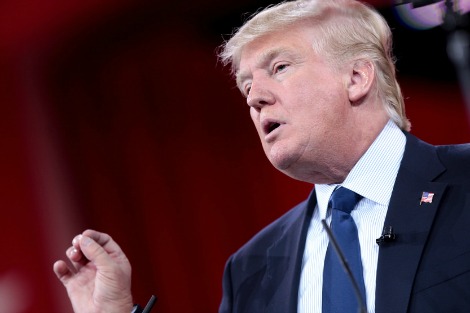
INTERNATIONAL
- Fatima Measham
- 10 November 2016
19 Comments
It didn't take long for me and other Filipino friends to be asked 'How do we Americans deal with this?' There is nothing soothing to say. Trump is not Duterte, of course, and there are differences in governance and law enforcement that (as yet) better protect Americans. But what I know is it is not the office that makes the person presidential. It is a waste of time to expect Trump to change. There will be no post-election unity, despite the conciliatory noises being made. And yet there is no choice but to endure.
READ MORE 
-

AUSTRALIA
- Frank Brennan
- 13 October 2016
2 Comments
With idealism and pragmatism, I invite you criminal lawyers in the next 30 years to imagine and enact a better criminal justice system which alleviates rather than exacerbates the devastating effects of colonisation and marginalisation on Indigenous Peoples, and most particularly their children. An intelligently designed criminal justice system must help secure the foothold of Indigenous children in both the Market and the Dreaming.
READ MORE
-

ARTS AND CULTURE
- Tim Kroenert
- 12 October 2016
2 Comments
Representation of minority identities in popular entertainment is key to amplifying and dignifying those identities and their stories. Conversely, the lack of representation is a form of silencing. It's why the charges of racism laid against the all-black Luke Cage is so laughable. 'I will never get tired of seeing a bullet-proof black man,' series creator Cheo Hodari Coker told the LA Times earlier this month, positing the character as a riposte to the phenomenon of police shootings of unarmed black men in the US.
READ MORE 
-
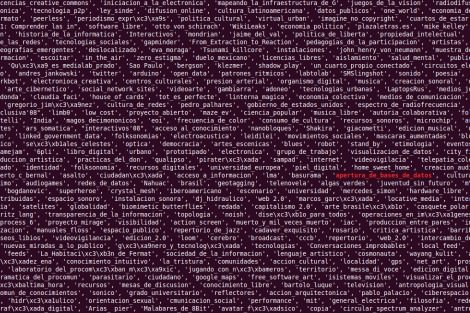
AUSTRALIA
- Kate Galloway
- 06 October 2016
3 Comments
The Productivity Commission was charged in March to inquire into 'data availability and use'. The inquiry holds important implications for Australians because our personal information is collected and stored by business and government in nearly all our daily interactions. The inquiry's terms of reference however make a number of assumptions, making it look very much as though it will find that the benefits of making data available outweigh the costs. And those costs are likely to be our privacy.
READ MORE 
-

AUSTRALIA
- Bronwyn Lay
- 09 September 2016
17 Comments
When I read this week that Tony Abbott and John Howard will hear no talk of a Treaty with Aboriginal Australia, my first thought was 'Who listens to these blokes from ancient political history?' Abbott conceded that it is important to recognise Indigenous Australians were here first, 'But once it goes beyond that I think you open up all sorts of other things.' That is true, and those other things to be opened up are incredibly legally exciting and relevant to our times.
READ MORE 
-
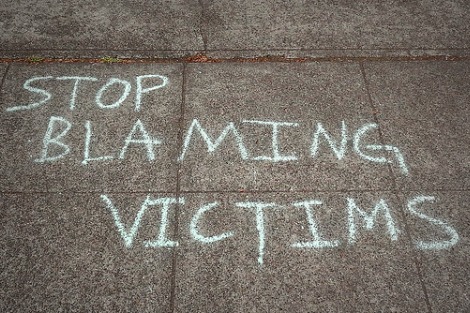
AUSTRALIA
- Madeleine Hamilton
- 24 August 2016
14 Comments
The response from police and others in authority to recent cases involving the abuse or exploitation of adolescent female sexuality is depressingly reminiscent of attitudes held more than 50 years ago. While it was no defence to argue that the girl had consented, if it could be proven she had had consensual intercourse with other men previously, the offender could be acquitted. Consequently, in carnal knowledge trials, girls were frequently accused of having rich histories of sexual activity.
READ MORE 
-

RELIGION
- Frank Brennan
- 01 August 2016
Inspired by the person Ignatius, inspired by the person Jesus, we are motivated to make a difference; we are passionate to seek justice for all, especially the poor and the marginalised; we are convinced that we can find God in all things, even in the Don Dale Detention Centre; we know that all persons are called to a deep interior freedom, even those prison guards with hardened hearts; we are convinced that the law of the Lord teaches us right from wrong and that the ways of the Lord inspire us to do and proclaim what is right and to denounce what is wrong, especially when the wrong is done by the powerful upon the powerless.
READ MORE
-
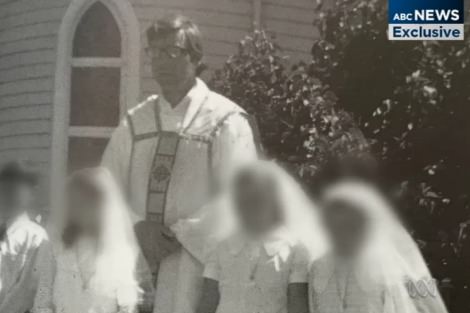
RELIGION
- Frank Brennan
- 29 July 2016
81 Comments
Wednesday night's ABC 7.30 program carried allegations against Cardinal George Pell which, if true, are devastating: life ruining for victims like Damian Dignan and Lyndon Monument; confronting for all citizens committed to the wellbeing of children; and earth shattering for Catholics who still have faith in their church. The report is also troubling for those of us concerned about due process and the rule of law - not as academic notions for lawyers but as the secure bulwarks of a society in which everyone's rights and interests are protected.
READ MORE 
-

AUSTRALIA
- Julie Kimber
- 27 July 2016
13 Comments
The 4 Corners report into the treatment of children in a NT juvenile justice facility is a stark and grotesque demonstration of state abuse of power. As a result John Elferink, NT Corrections Minister, has been sacked, and the Prime Minister has announced a royal commission into the actions at Don Dale. This is a good start, but there is much more to be done. We need to question a culture that willingly imprisons the most vulnerable, and puts up with a system where not all are equal before the law.
READ MORE 
-
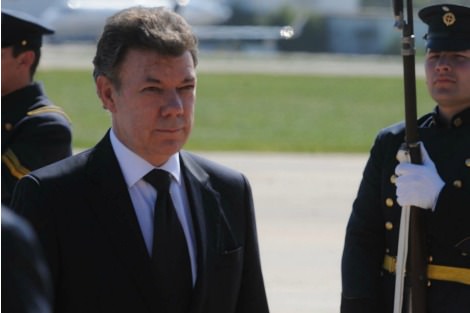
INTERNATIONAL
- Antonio Castillo
- 26 July 2016
1 Comment
It has been little more a month since Colombian president Juan Manuel Santos and Timochenko, the nom de guerre of the leader of the FARC, the oldest guerrilla group in the world, proclaimed a cease-fire. In La Habana on 23 June, the two concluded four years of negotiations to end the 50 year old Colombian civil war, the longest armed conflict in the western hemisphere. The development is hopeful, but Colombian peace attempts are nothing new, and the conditions won't be easy to meet.
READ MORE 
-
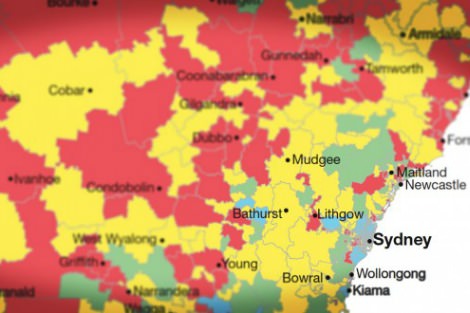
AUSTRALIA
- Julie Edwards
- 27 June 2016
9 Comments
Both major parties offer 'one size fits all' approaches to youth unemployment. This ignores the huge difference in experiences - and employability - between different categories of young person. Not all have completed high school and live at home in a supportive environment. For young people at risk of homelessness, those experiencing mental illness or substance abuse problems, or those who have had contact with the criminal justice system, the initiatives of both parties simply won't be effective.
READ MORE 
-
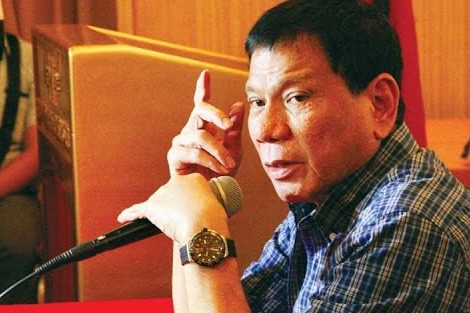
INTERNATIONAL
- Fatima Measham
- 13 May 2016
5 Comments
The campaign left me bewildered. The things Duterte represents - vigilantism, unilateralism and violence - aren't these the same things that Filipino human rights activists had fought against? Is this now the preferred template for imposing order? I parsed post after post on social media, trying to working out what I was missing. For months I asked myself, what the hell went wrong? It is only lately that I'm beginning to accept that I got the wrong end of the question. What went wrong? Everything.
READ MORE 